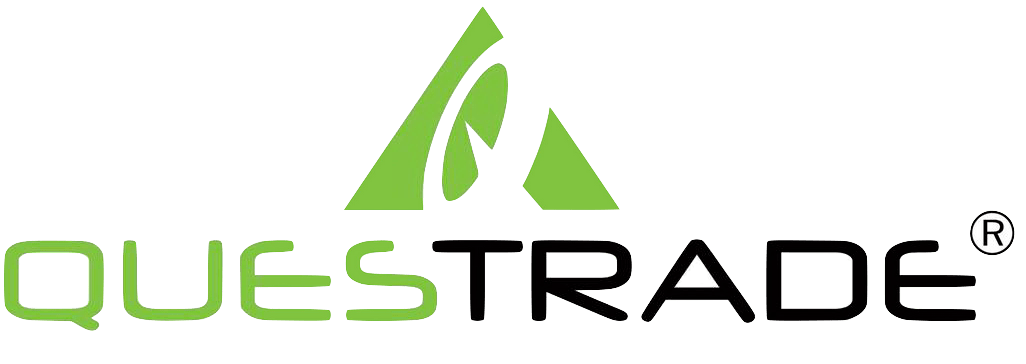On February 11, 2021, Canada was the first and only country in North America to allow a new financial investment product to enter the market.
Best Bitcoin ETFs in Canada
Why you can trust us
The team at WealthRocket only recommends products and services that we would use ourselves and that we believe will provide value to our readers. However, we advocate for you to continue to do your own research and make educated decisions.
Frequently Asked Questions
Bitcoin ETFs are a safer investment than investing in Bitcoin directly because you don’t need to deal with cryptocurrency exchanges and their potential for being hacked, nor do you need to invest in a hardware cryptocurrency wallet just to make sure your Bitcoin doesn’t get stolen or suddenly disappear, never to be recovered. With Bitcoin ETFs all of that responsibility is shifted to the fund you’re invested in, so if anything were to happen, you are someone shielded. These funds are insured and by investing in a Bitcoin ETF, instead of Bitcoin, you are able to invest on already tried and true exchanges like the TSX. Also, your financial advisor will have access to it, so they can help you invest and diversify your portfolio.
Even though a Bitcoin ETF may have trouble accurately tracking the price of Bitcoin because its price is so notoriously up and down, it is less risky than investing in Bitcoin directly because many of the risks that come with investing in Bitcoin are managed by the fund itself and not the investor in the case of a Bitcoin ETF. These risk factors include the security of the Bitcoin, the understanding of Bitcoin and all that goes into it, and the ability to trade in traditional markets rather than the unregulated entities that are cryptocurrency exchanges. Bitcoin ETFs allow you to see what Bitcoin is all about and indirectly invest in it without suffering through the ups and downs of the actual currency.
Purpose Bitcoin ETF is the first and by far most popular Bitcoin ETF in Canada and anywhere else in the world with $1.26 billion in assets under management. It’s probably the one you should go with just on that basis alone. However, to call it the best from a performance standpoint is difficult because no Bitcoin ETF on the market will release their prospectus in terms of how the fund has performed for investors until it has spent a year on the market and, as of this writing, Purpose Bitcoin ETF is still one month away. In fact, the Bitcoin ETF concept is so new that all of the options on this list are in the same boat. None of them have been on the market for a full calendar year, so their performance hasn’t been made public. Of course, there’s a few with lower fees, so if that’s your priority maybe you’d put CI Galaxy Bitcoin ETF at the top and call it the best. At this point though, there isn’t a lot to go on if we’re judging the best Bitcoin ETF in Canada.

